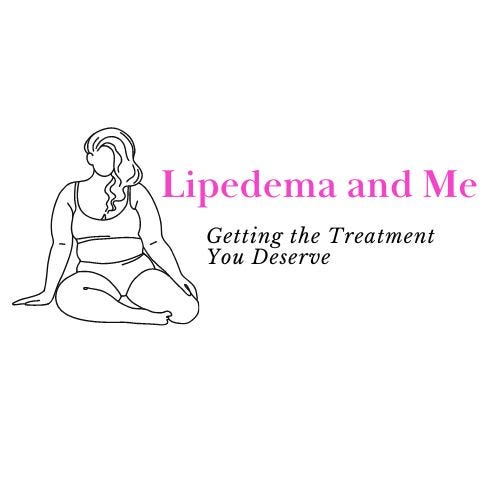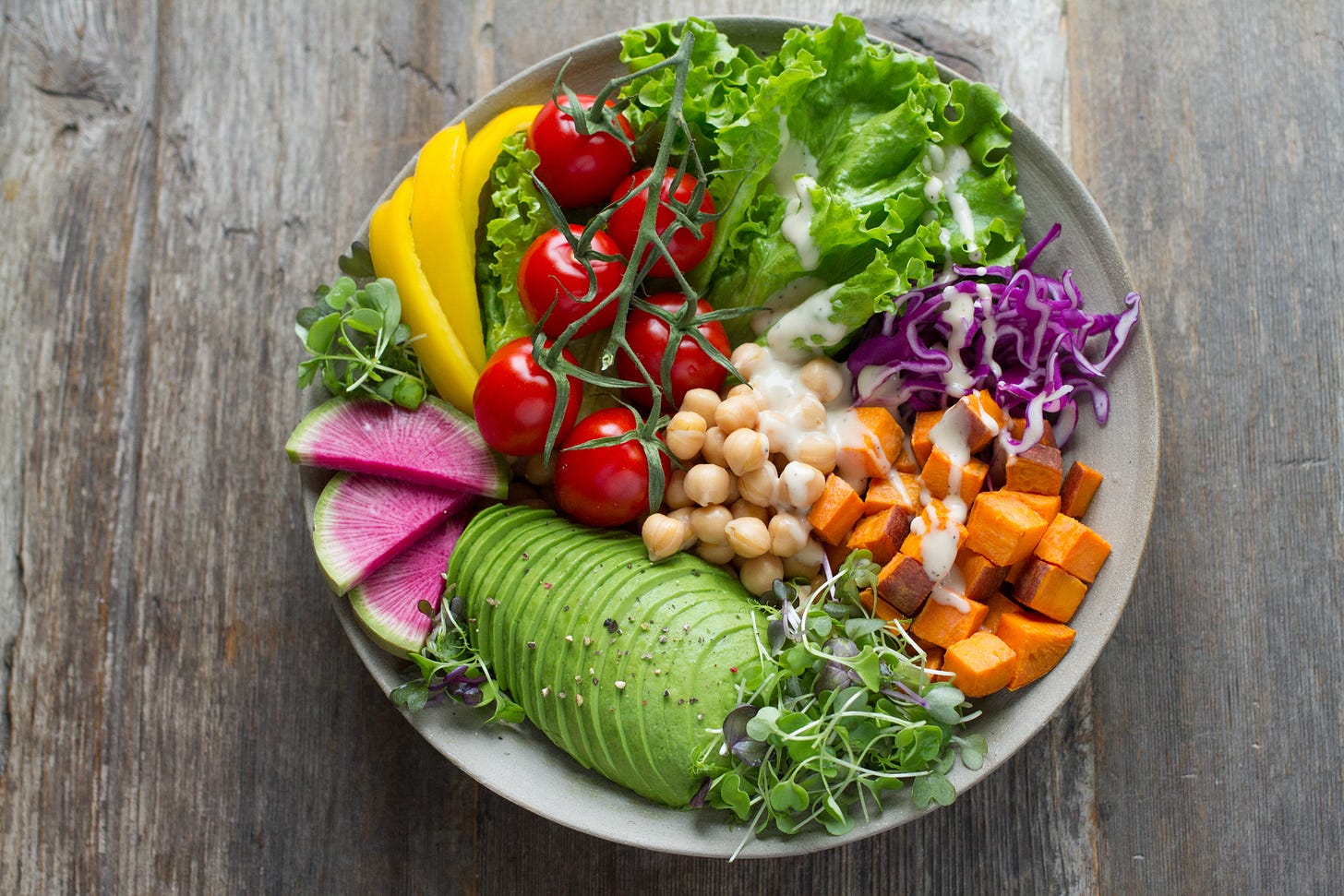An Overall Guide for Conservative Lipedema Treatment for Reducing Inflammation
Non-surgical management of Lipedema and Lipolymphedema
Hello Everyone!
I’ve written a lot about the diagnosis of Lipedema since I started this newsletter, and I feel like I’ve covered a lot. Although I could spend the next few months writing more about Lipedema diagnoses, I want to move on to conservative treatment for Lipedema.
Lipedema treatment is multifaceted. The Fat Disorders Resource Society lays out an excellent diagram for managing Lipedema and Lipolymphedema. They address five different aspects of conservative treatment, each giving many different ways to manage the condition.
Here are the Big Five:
Reduce Inflammation,
Improve Lymphatic Flow,
Manage Pain,
Help Your Body, and
Get Emotional Support.
In this article, I’m focusing on the first one, Reducing Inflammation.
1. Reducing Inflammation
Yesterday, I went to a birthday party for our neighbor’s three year-old, his name is JW. Well, JW asked for a birthday cake with sprinkles on the top and M&M’s in the middle, and that’s what he got.
Honestly, it looked delicious!
However, I’ve been working to minimize sweets—a weakness of mine—so I didn’t have a slice of cake. I had huge cravings while everyone else enjoyed their cake. My husband gave me a couple bites of his, and I savored them.
You know what? Those cravings lasted about 20 minutes, and then they were gone. I didn’t have a bloated sugar hangover.
Passing on that cake helped me keep down the inflammation in my body. I didn’t suffer later, and I am okay with not having the cake in retrospect.
Let me explain:
The lymphatic system and is part of your immune system, working to clear waste from your body and protect your body from illness. Over 70% of the lymphatic system is in your gut. If you eat fatty, salty, sugary, or processed foods, this can inflame the lymphatic system, at least making it worse less effectively.
Feeding your body foods that are anti-inflammatory and healthy for your body is one of the most important things you can do (along with exercise) to help with reducing inflammation.
With Lipedema, there are a few “diets” that are recommended by scientific experts which specifically help feed the body.
Some proposed diets are:
RAD Diet: The ‘Rare Adipose Disorder’ is a modification of the Mediterranean Diet. This diet helps keep your blood sugar levels from spiking throughout the day. “The essentials of the RAD diet are as follows: Lower consumption of pasteurized dairy products, animal protein and fats, simple sugars and carbohydrates (low glycemic), salt and wheat or processed flour products, while enriching the diet with organic fruits, vegetables, whole grains and healthy proteins.”
Eat to Starve Lymphedema and Lipedema Diet: I just got the book “Lymphedema and Lipedema Nutrition Guide”, a very comprehensive and scientific book that was inspired by William Li’s dietary cancer prevention research. This “diet” is more of a guide of what you should and should not eat. The book itself can be a bit sciency-type reading. But, it has some great information and even has some recipes. If you’re interested in this book, you can find it here.
The Anti-Inflammatory Diet: favors fruits and vegetables, foods containing omega-3 fatty acids, whole grains, lean protein, healthful fats, and spices. It discourages or limits the consumption of processed foods, red meats, and alcohol. The anti-inflammatory diet is not a specific regimen but rather a style of eating. There are several cookbooks for this diet. If you’re interested in looking more into this diet, you can find some books here.
Other people have tried a keto diet, which is a diet high in fat and protein. While this may help some people lose weight, it isn’t meant to be a long-term lifestyle diet. Registered dietitians warn that nutrient deficiencies may be possible if you’re on it for too long.
If you’re still confused, you’re not alone. There’s so much information out there on what to eat or not to eat, that we all might just give up and reach for a slice of pizza (or that birthday cake).
A good rule of thumb is to reduce as much as possible: alcohol, excessive amounts of caffeine (that’s my weakness), processed foods, added/refined sugars, refined grains, gluten, salt-laden foods, and dairy (other than kefir or plain yogurt). Eat lots of fruits and vegetables. Add whole grains, lean proteins, and heart healthy fats.
Nutrition is important no matter what your body is going through. Focusing on fresh fruit and veggies, and reducing foods that are processed, have a high amount of sugar, salt, saturated fats, and simple carbohydrates, can make a world of difference in how you feel.
Take care!
Michelle






